Writer's Spotlight:
He is There and He is Not Silent
by Frances Schaeffer, 1972
reprinted from The Shelter - A Francis A. Schaeffer Site

Summary:
One of philosophy's biggest problems is that anything exists at all and has the form that it does. Another is that man exists as a personal being and makes true choices and has moral responsibility. In fact, the only sufficient answer is that the infinite-personal triune God is there and He is not silent. He has spoken to man in the Bible.
Excerpts:
"No man can live without a world-view; therefore, there is no man who is not a philosopher."(Francis A. Schaeffer, He Is There and He Is Not Silent, Ch. 1)
"He is not silent. The reason we have the answer is because the infinite-personal God, the full Trinitarian God, has not been silent. He has told us who He is. Couch your concept of inspiration and revelation in these terms, and you will see how it cuts down into the warp and woof of modern thinking. He is not silent. That is the reason we know. It is because He has spoken. What has He told us? Has He told us only about other things? No, He has told us truth about Himself -- and because He has told us truth about Himself -- that He is the infinite-personal, triune God -- we have the answer to existence." (Francis A. Schaeffer, He Is There and He Is Not Silent, Ch. 1)
"Behaviorism, and all forms of determinism, say that man is not personal -- that he is not intrinsically different from the impersonal. But the difficulty with this is first that it denies the observation man has made of himself for at least 40,000 years (if we accept the modern dating system); and second, there is no determinist or behaviorist who can really live consistently on the basis of his determinism or his behavioristic psychology -- saying, that is, that man is only a machine." (Francis A. Schaeffer, He Is There and He Is Not Silent, Ch. 1)
"...philosophy and religion deal with the same basic questions. Christians, and especially evangelical Christians, have tended to forget this. Philosophy and religion do not deal with different questions, though they give different answers and use different terms. The basic questions of both philosophy and religion (and I mean religion here in the wide sense, including Christianity) are the questions of Being (that is, what exists), of man and his dilemma (that is, morals), and of epistemology (that is, how man knows). Philosophy deals with these points, but so does religion, including evangelical, orthodox Christianity." (Francis A. Schaeffer, He Is There and He Is Not Silent, Ch. 1)
"There are not many possible answers to the three basic areas of philosophic thought, even though there is a great deal of possible detail surrounding the basic answers. It will help us tremendously -- whether we are studying philosophy at university and feel buffeted to death, or whether we are trying to be ministers of the gospel, speaking to ordinary people -- if we realize that although there are many details which can be discussed, the possible answers -- in their basic concepts -- are exceedingly few." (Francis A. Schaeffer, He Is There and He Is Not Silent, Ch. 1)
"The view that everything is chaotic and there are no ultimate answers is held by many thinking people today, but in my experience they always hold it very selectively. Almost without exception (actually, I have never found an exception), they discuss rationally until they are losing the discussion, and then they try to slip over into the answer of irrationality. But as soon as the one we are discussing with does that, we must point out to him that as soon as he becomes selective in his argument of irrationality he makes his whole argument suspect. Theoretically the position of irrationalism can be held, but no one lives with it in regard either to the external world or the categories of his own thought world and discussion. As a matter of fact, if this position were argued properly, all discussion would come to an end. Communication would end. We would have only a series of meaningless sounds -- blah, blah, blah. The Theatre of the Absurd has said this, but it fails, because if you read and listen carefully to the Theatre of the Absurd, it is always trying to communicate its view that one cannot communicate. There is always a communication about the statement that there is no communication. It is always selective, with pockets of order brought in somewhere along the line. Thus we see that this class of answer -- that all things are irrational -- is not an answer." (Francis A. Schaeffer, He Is There and He Is Not Silent, Ch. 1)
"Beginning with the impersonal, everything, including man, must be explained in terms of the impersonal plus time plus chance....Beginning with the impersonal, there is no meaning or significance to diversity. We can think of the old Hindu pantheism, which begins everything with om. In reality, everything ought to have ended with om on a single note, with no variance, because there is no reason for significance or variance. And even if pan-everythingism gave an answer for form, it gives no meaning for freedom. Cycles are usually introduced as though waves were being tossed up out of the sea, but this gives no final solution to any of these problems. Morals, under every form of pantheism, have no meaning as morals, for everything in pan-everythingism is finally equal. Modern theology must move towards situational ethics because there is no such thing as morals in this setting. The word morals is used, but it is really only a word." (Francis A. Schaeffer, He Is There and He Is Not Silent, Ch. 1)
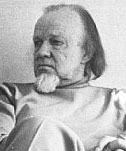 "If we begin with less than personality, we must finally reduce personality to the impersonal. The modern scientific world does this in its reductionism, in which the word personality is only the impersonal plus complexity. In the naturalistic scientific world, whether in sociology, psychology or in the natural sciences, a man is reduced to the impersonal plus complexity."(Francis A. Schaeffer, He Is There and He Is Not Silent, Ch. 1)
"If we begin with less than personality, we must finally reduce personality to the impersonal. The modern scientific world does this in its reductionism, in which the word personality is only the impersonal plus complexity. In the naturalistic scientific world, whether in sociology, psychology or in the natural sciences, a man is reduced to the impersonal plus complexity."(Francis A. Schaeffer, He Is There and He Is Not Silent, Ch. 1)
"Let us notice that no word is as meaningless as is the word god. Of itself it means nothing. Like any other word, it is only a linguistic symbol -- g-o-d -- until content is put into it. This is especially so for the word god, because no other word has been used to convey such absolutely opposite meanings. The mere use of the word god proves nothing. You must put content into it. The word god as such is no answer to the philosophic problem of existence, but the Judeo-Christian content to the word God as given in the Old and New Testaments does meet the need of what exists -- the existence of the universe in its complexity and of man as man. And what is that content? It relates to an infinite-personal God, who is personal unity and diversity on the high order of Trinity." (Francis A. Schaeffer, He Is There and He Is Not Silent, Ch. 1)
"Every once in a while in my discussions someone asks how I can believe in the Trinity. My answer is always the same. I would still be an agnostic if there was no Trinity, because there would be no answers. Without the high order of personal unity and diversity as given in the Trinity, there are no answers." (Francis A. Schaeffer, He Is There and He Is Not Silent, Ch. 1)
Commercial Availability of Work:
He is There and He is Not Silent (paper - 100 pages)
Trilogy (hard - 367 pages)
The Complete Works of Francis Schaeffer (paper)
The Complete Works of Francis Schaeffer (Windows CDROM) Quotes From The Book
LINKS:
Francis A. Schaeffer: The Early Years (free mp3 lectures)Francis A. Schaeffer: The Later Years (free mp3 lectures)
Learning to Cry for the Culture (article in Christianity Today)
The Francis A. Schaeffer Foundation
Francis Schaeffer Institute
CyberShelter
L'Abri Resources by L.G. Parkhurst Jr.
 een looking at Mason's PNEU school schedules for the grade level we will be doing next year. This would be Class II, or approximately 4th-6th grades. Her schedule looks refreshing and do-able. There is plenty of food for the mind here! We are planning on Greek instead of Latin, and science over the summer, but other than that I am following her weekly subjects and time tables pretty closely. We 'school' from 8am-12:00 using
een looking at Mason's PNEU school schedules for the grade level we will be doing next year. This would be Class II, or approximately 4th-6th grades. Her schedule looks refreshing and do-able. There is plenty of food for the mind here! We are planning on Greek instead of Latin, and science over the summer, but other than that I am following her weekly subjects and time tables pretty closely. We 'school' from 8am-12:00 using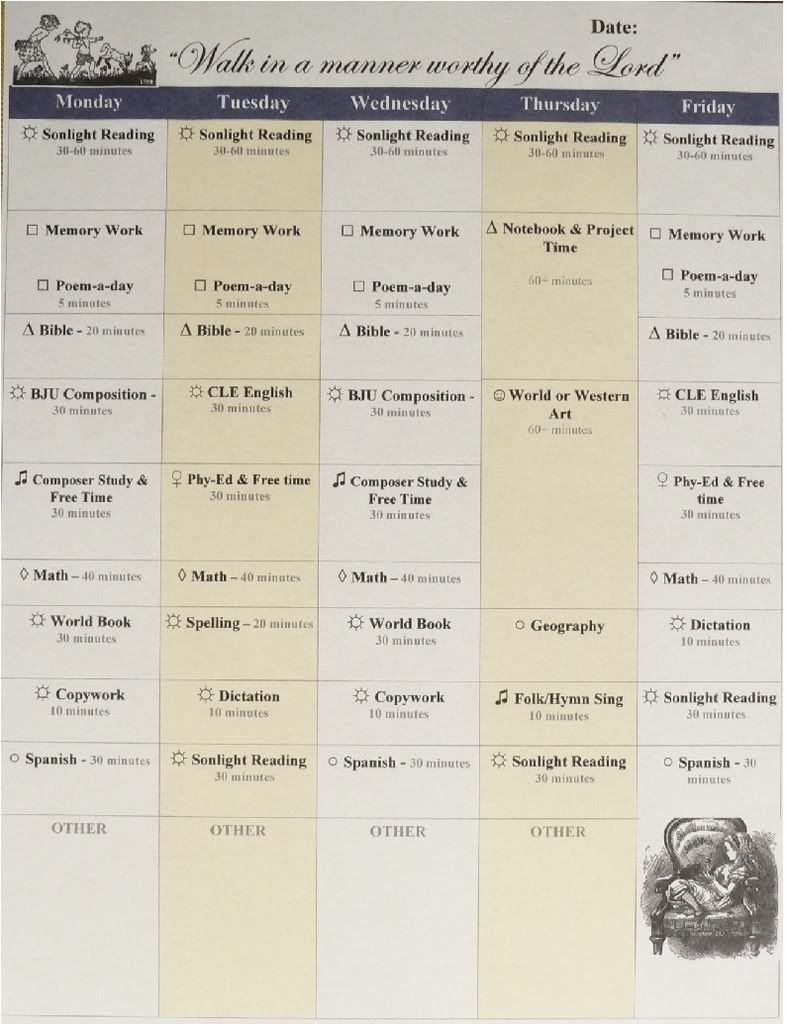




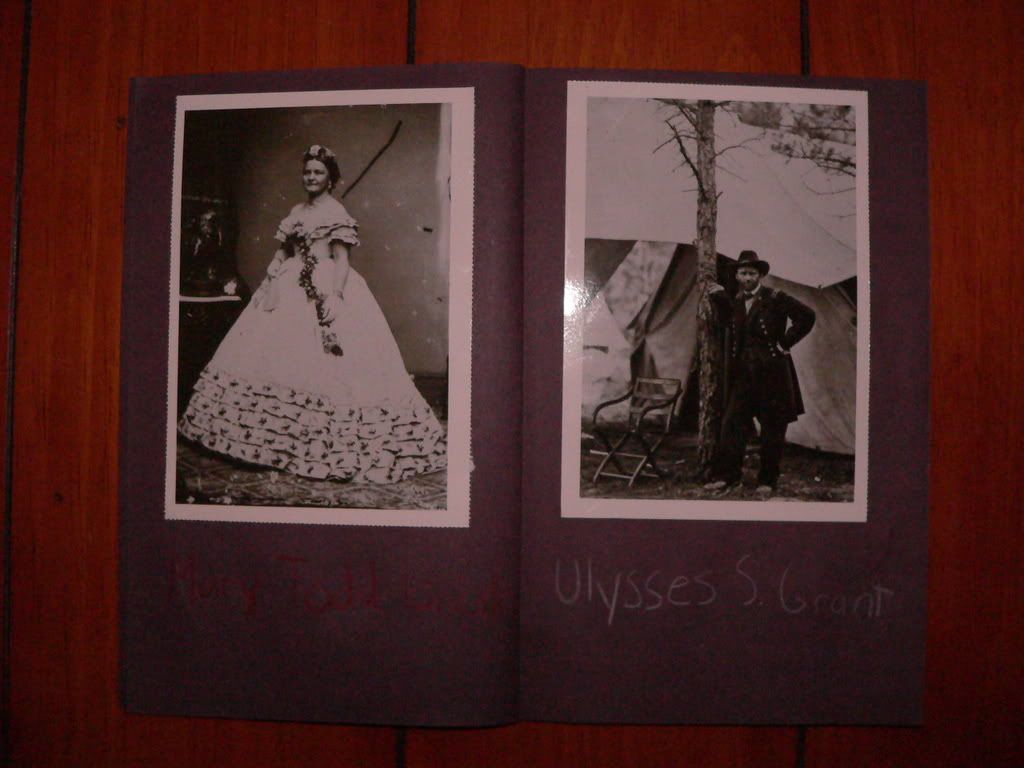
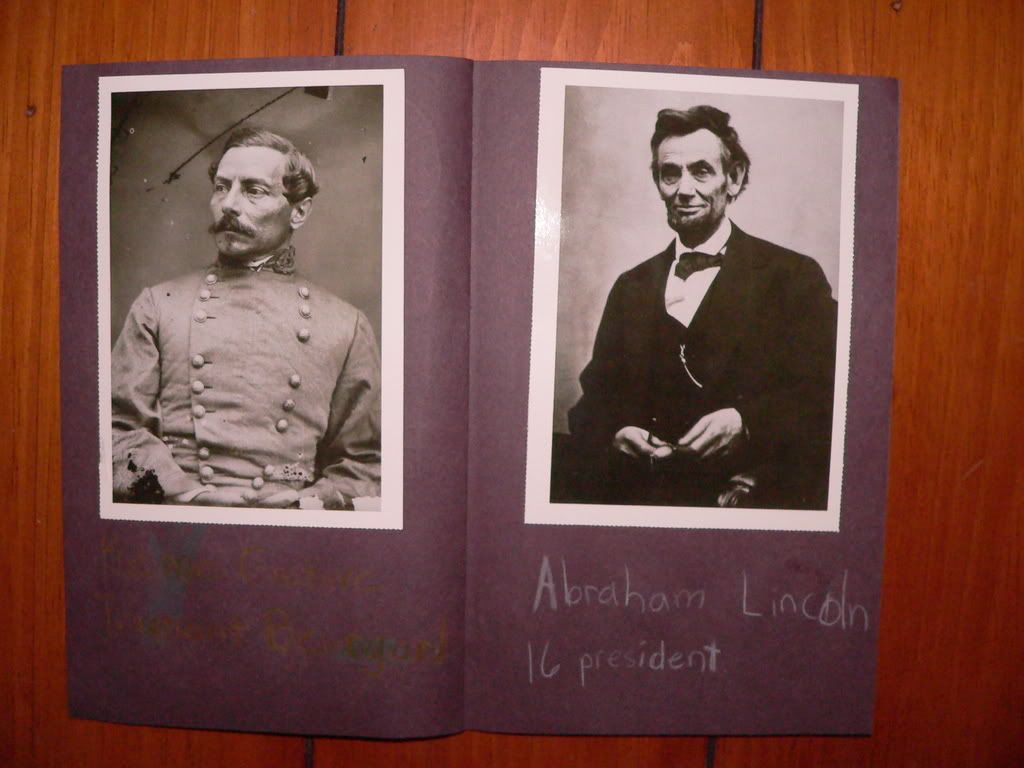




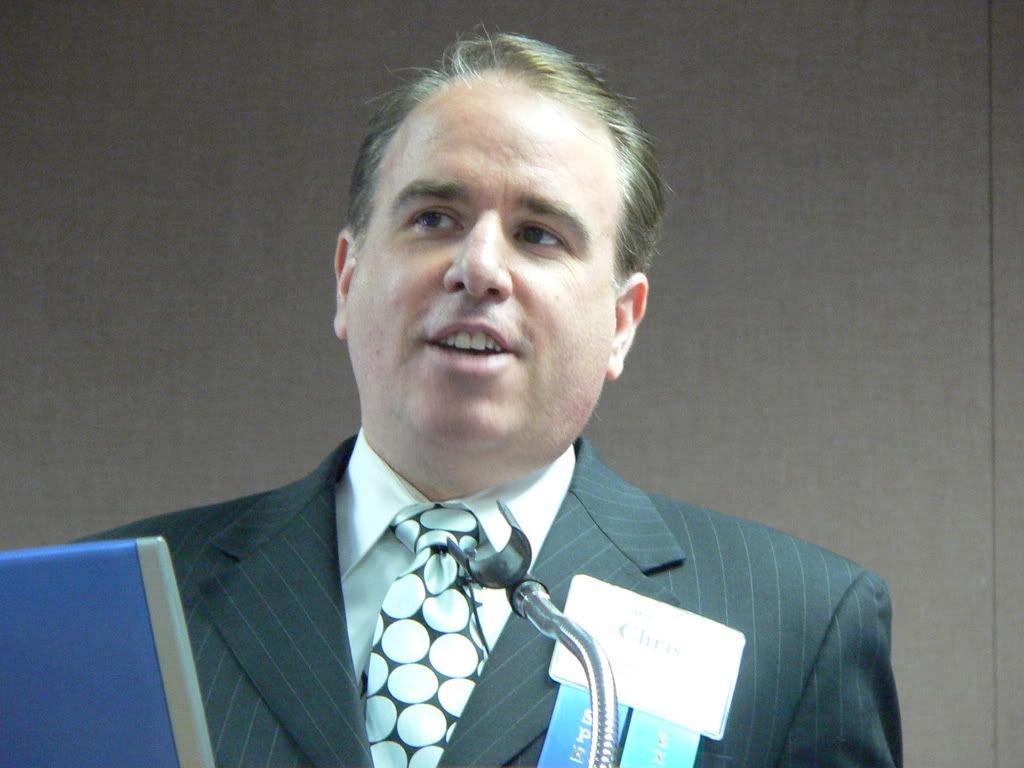
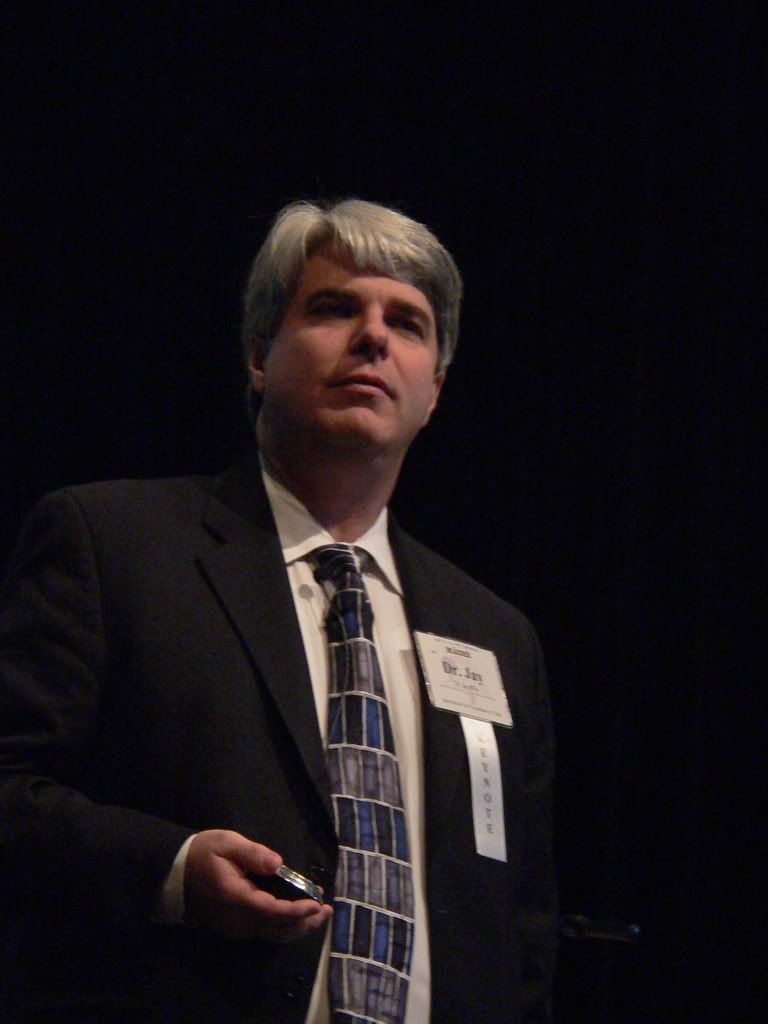















 >
>